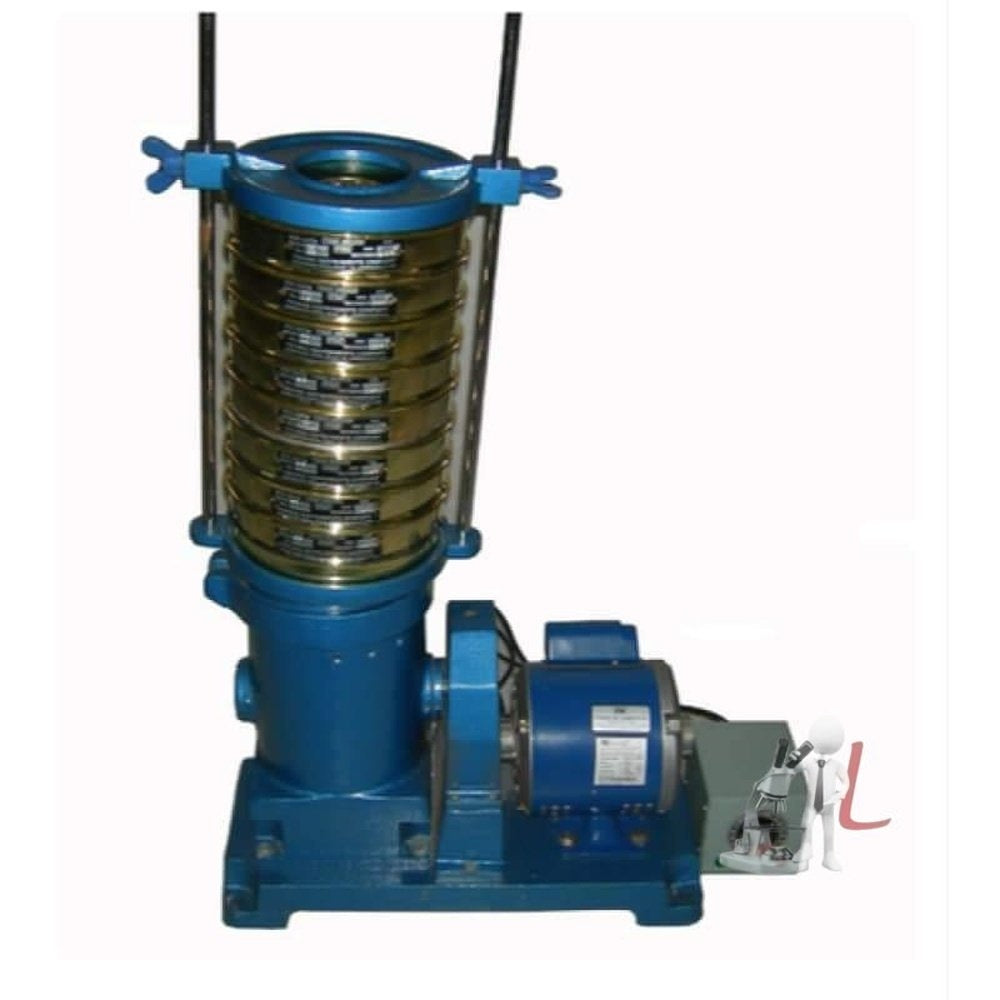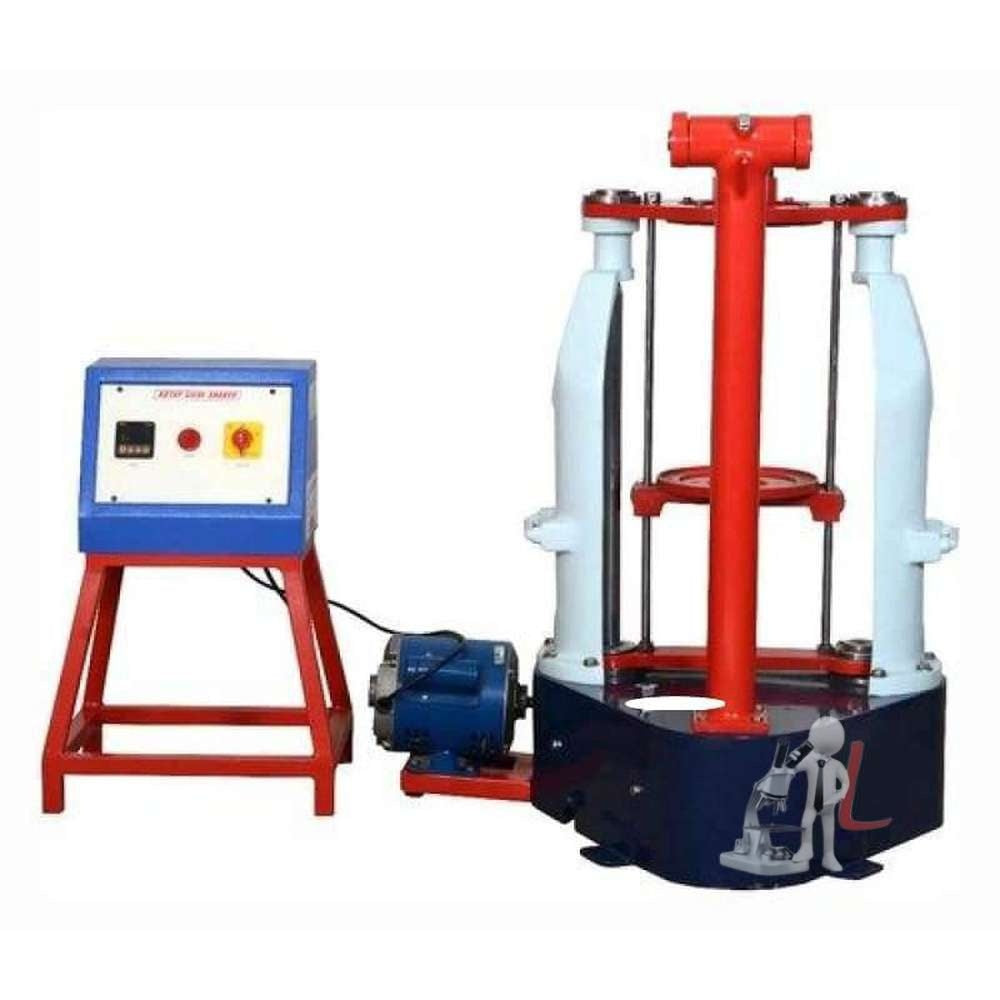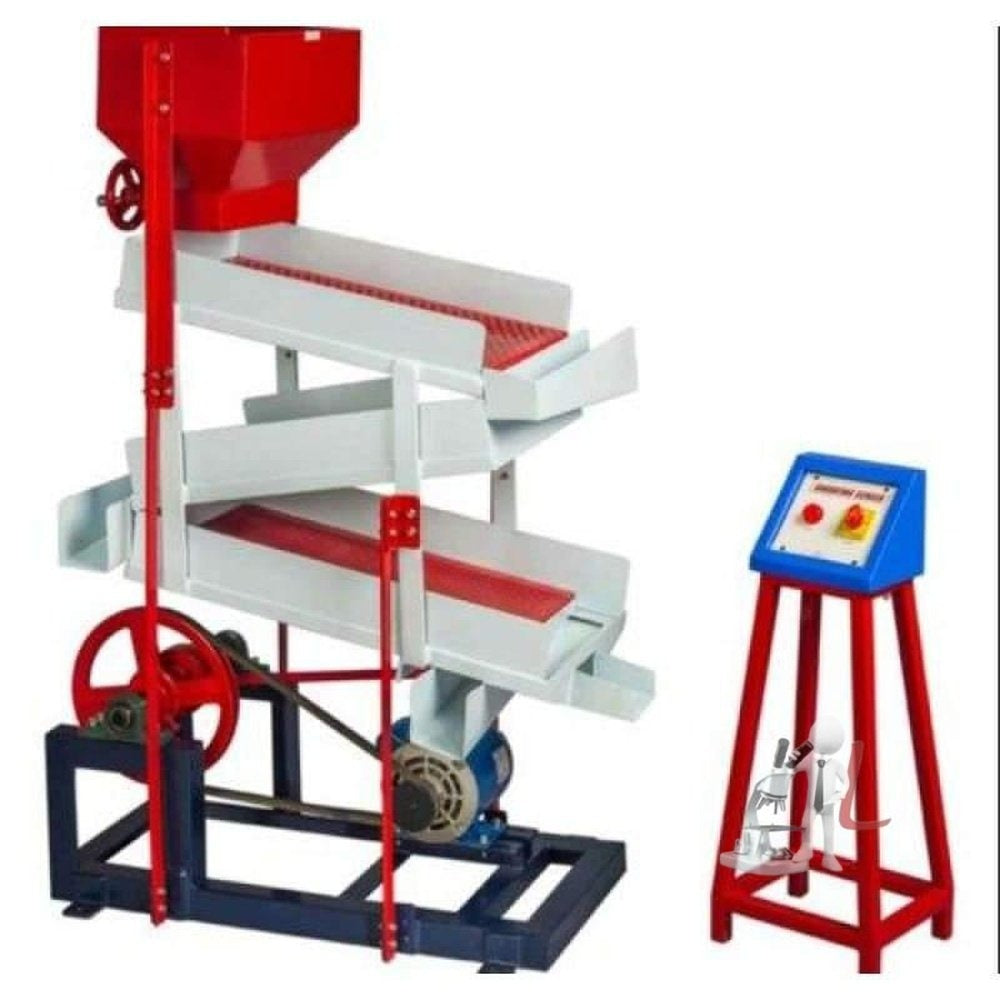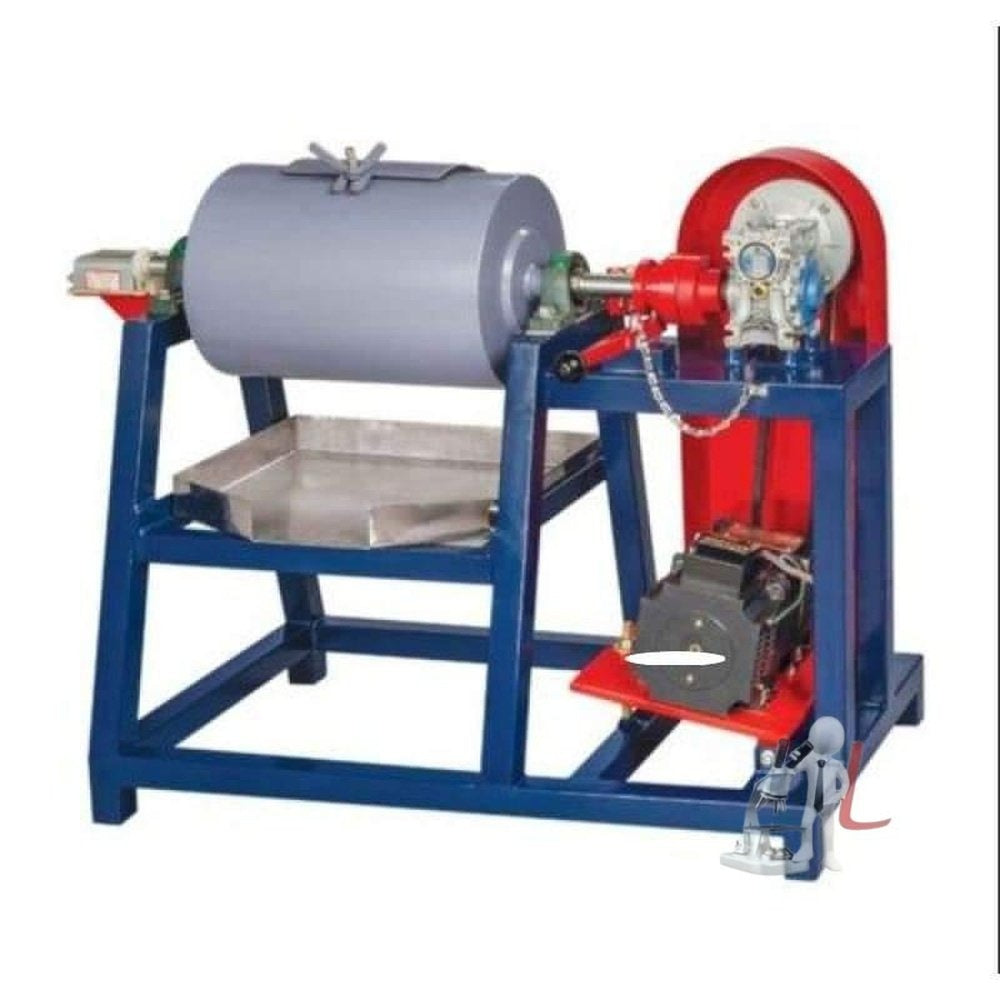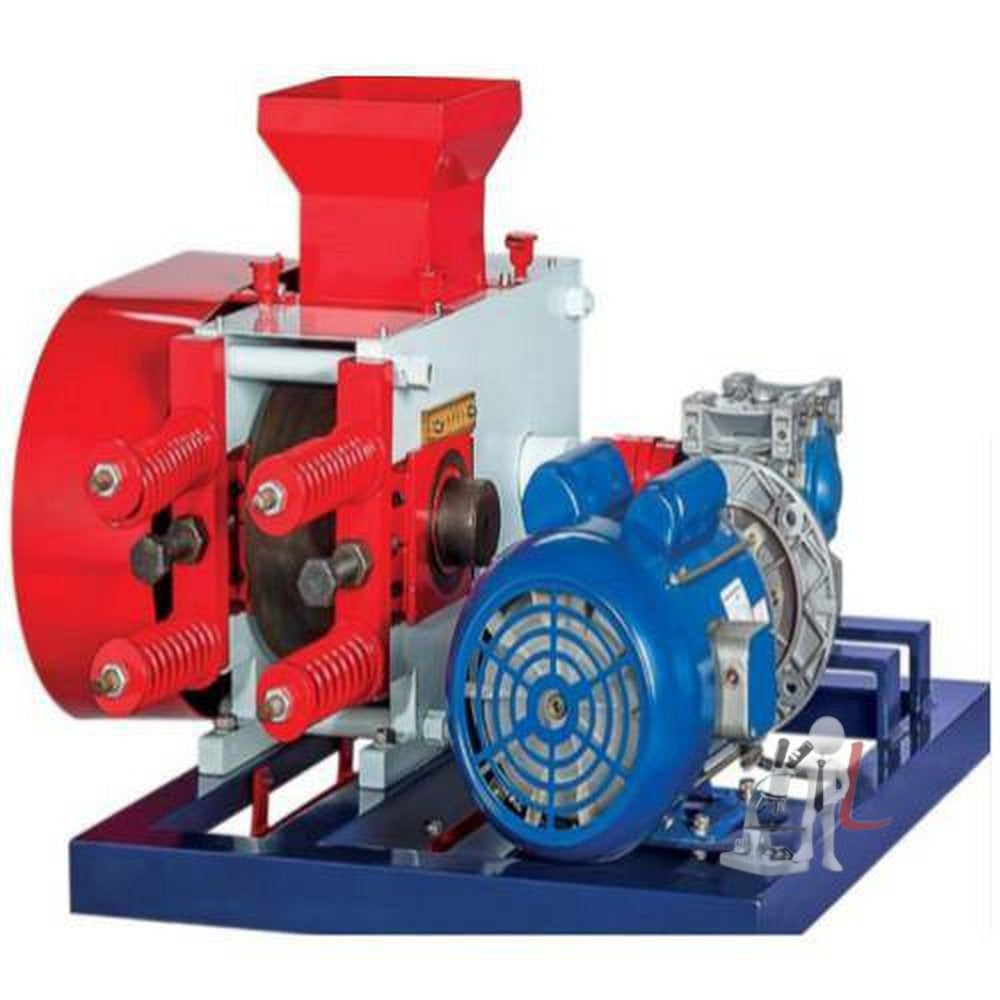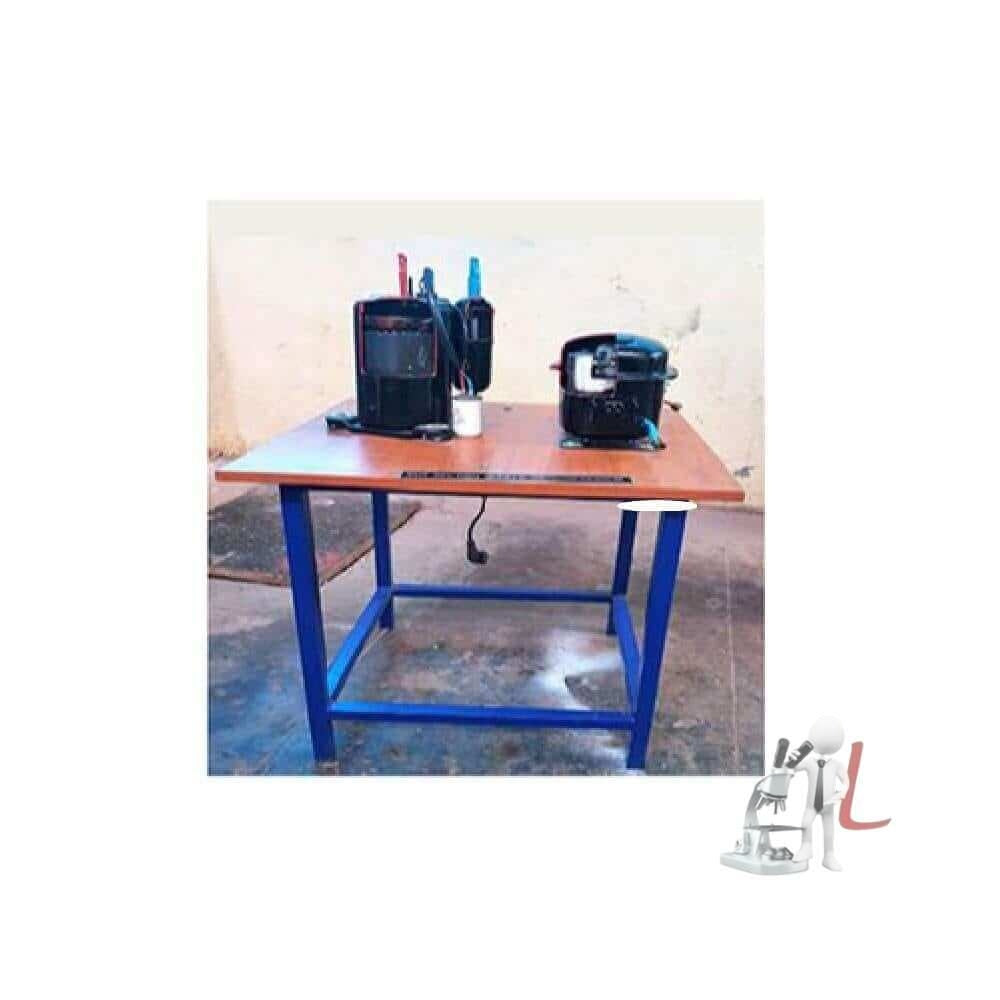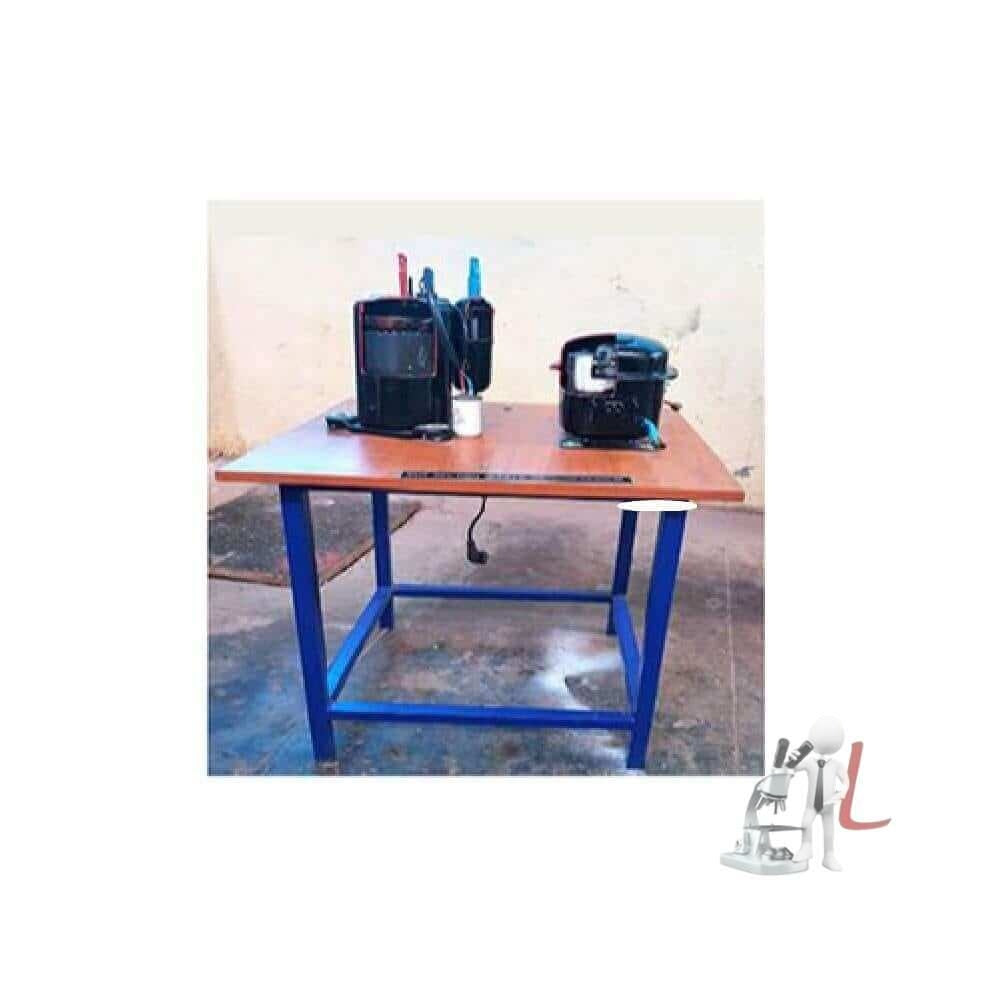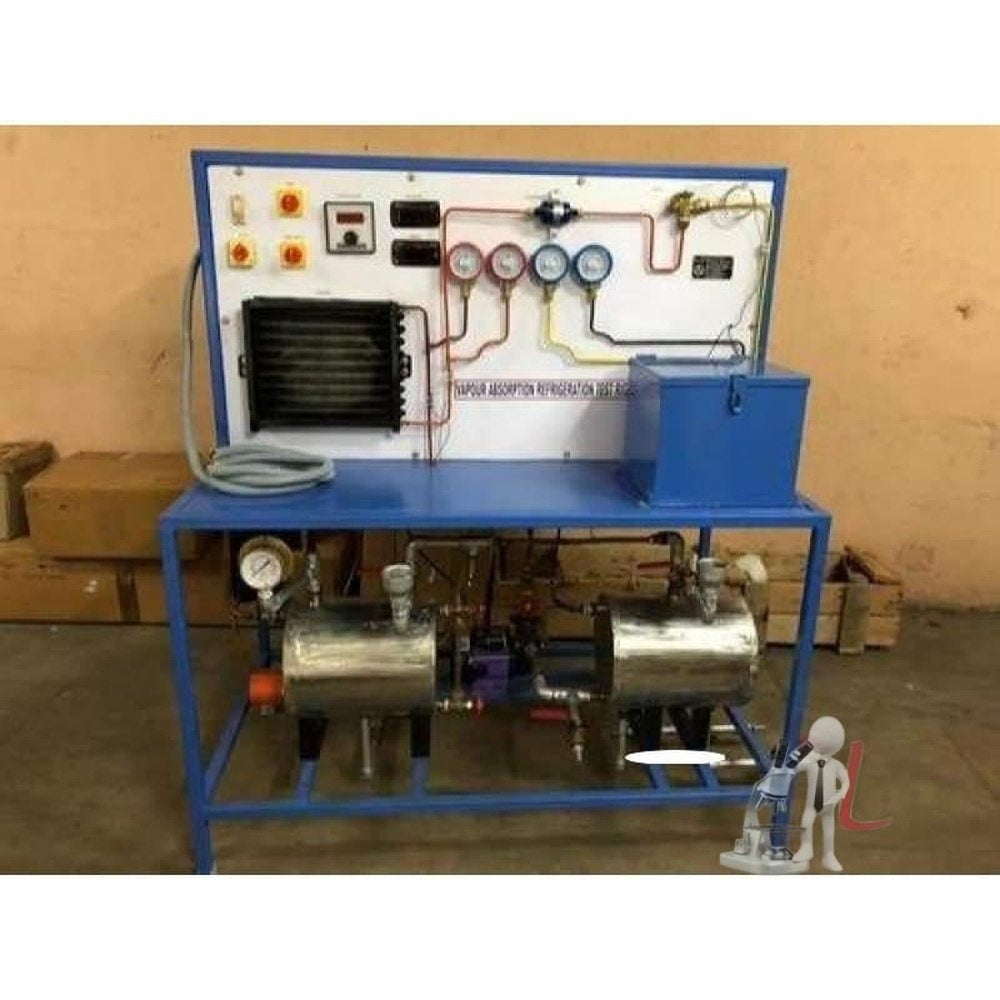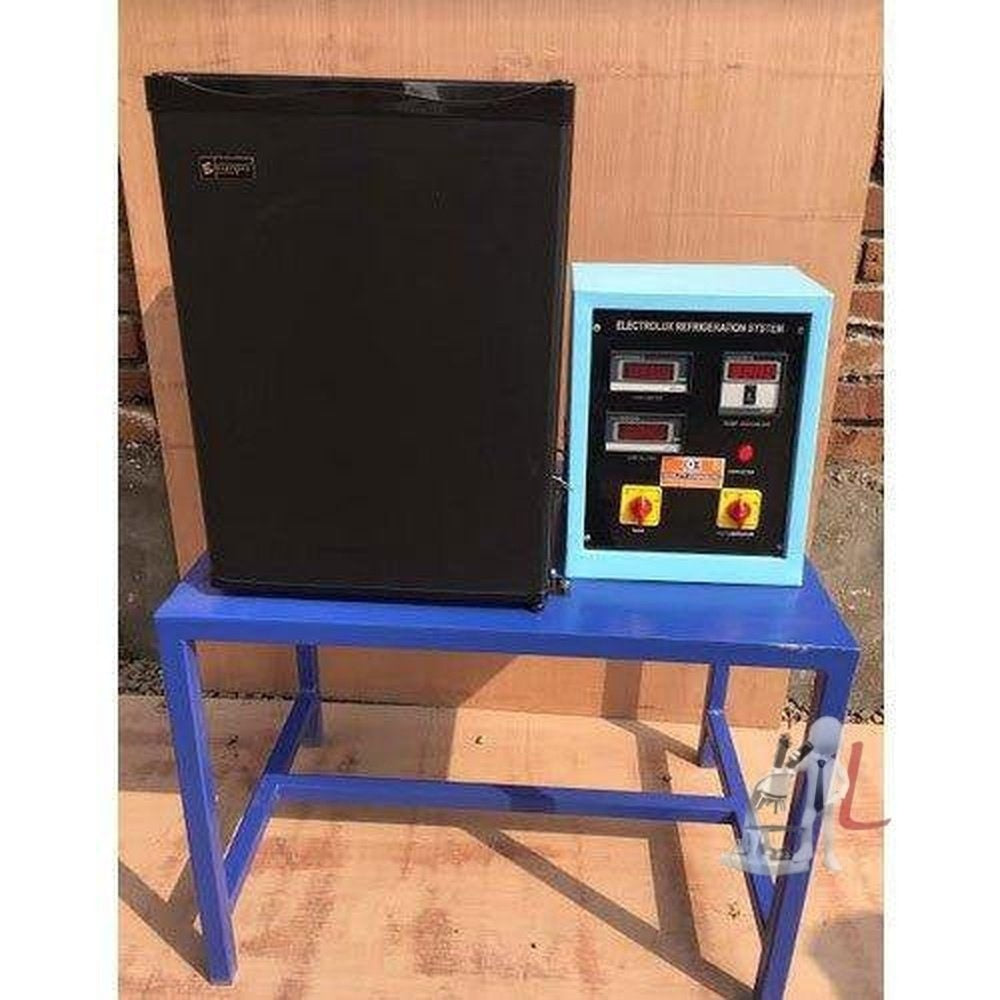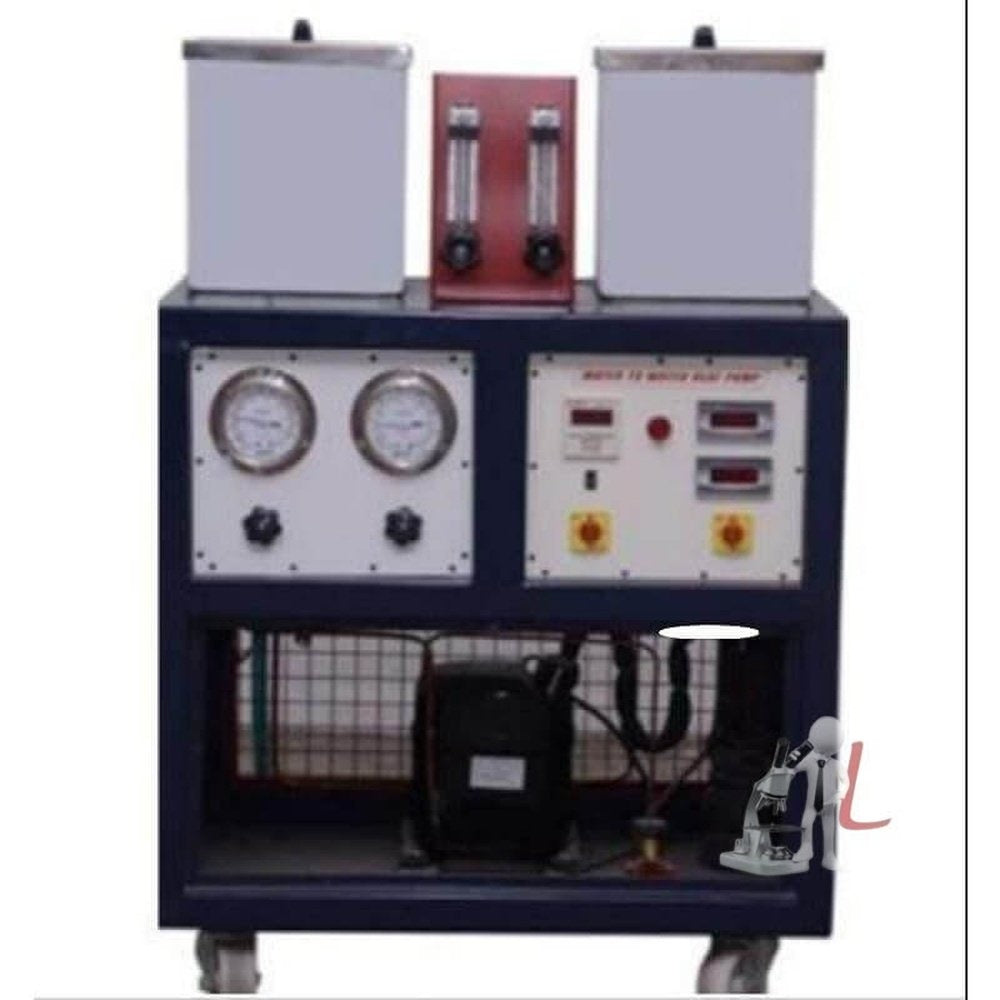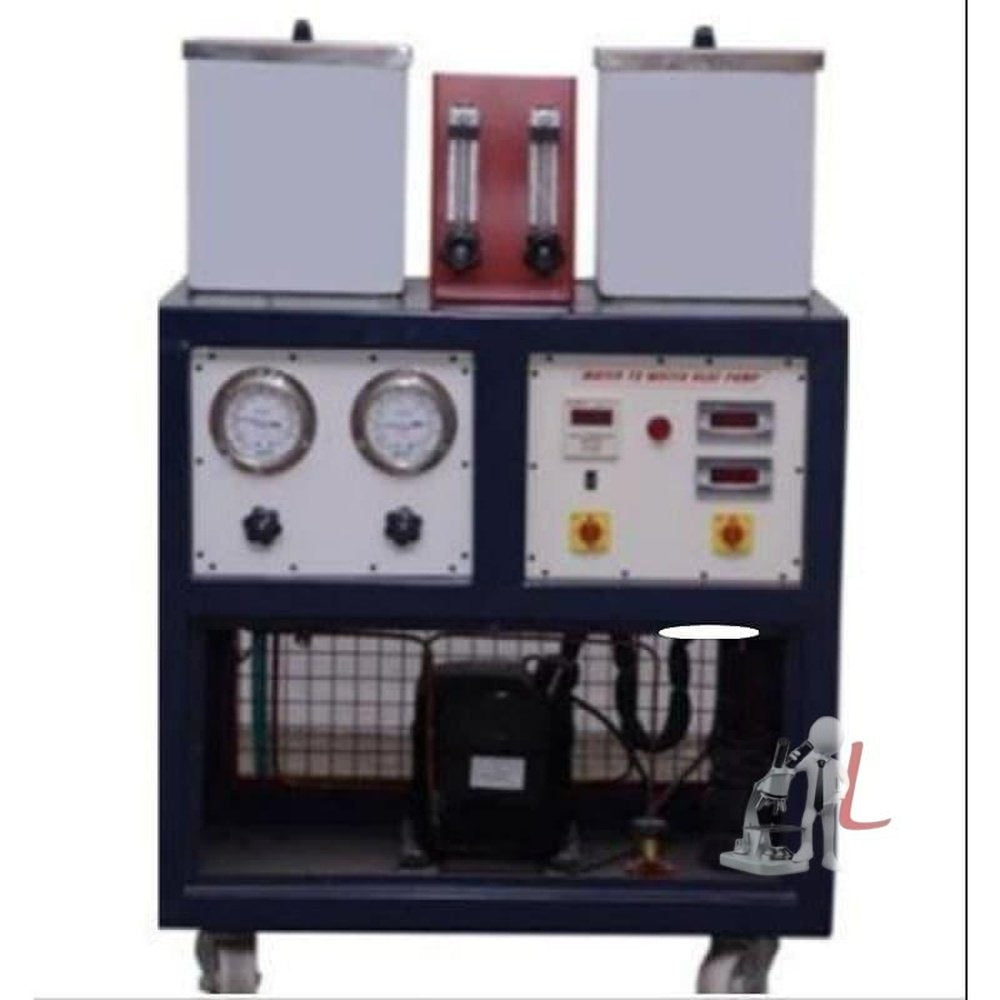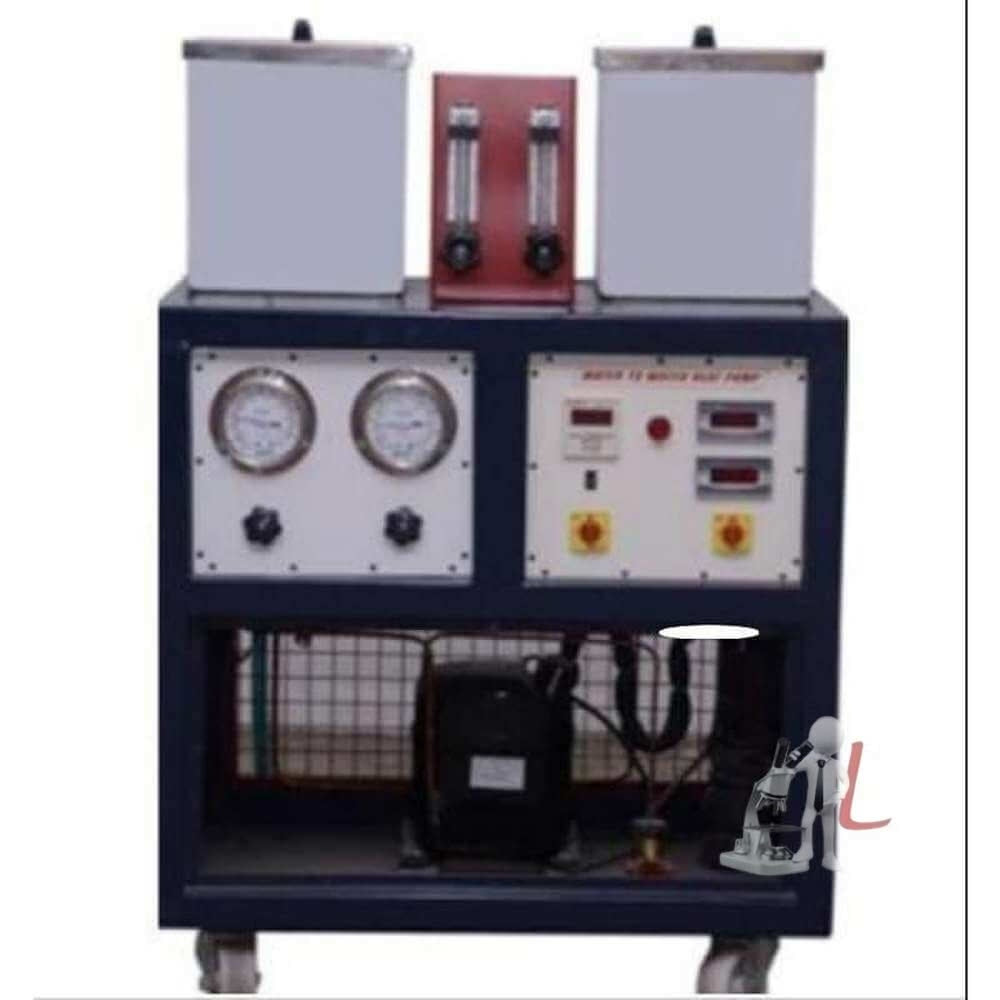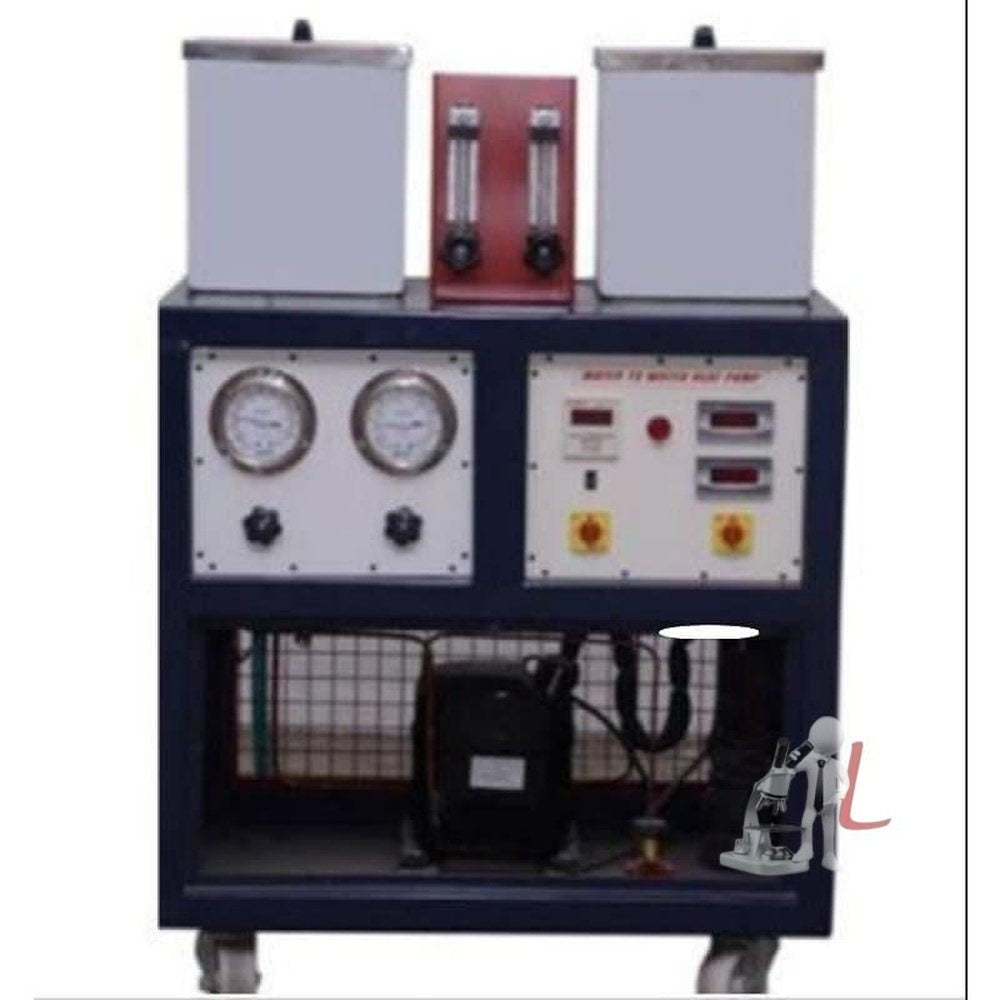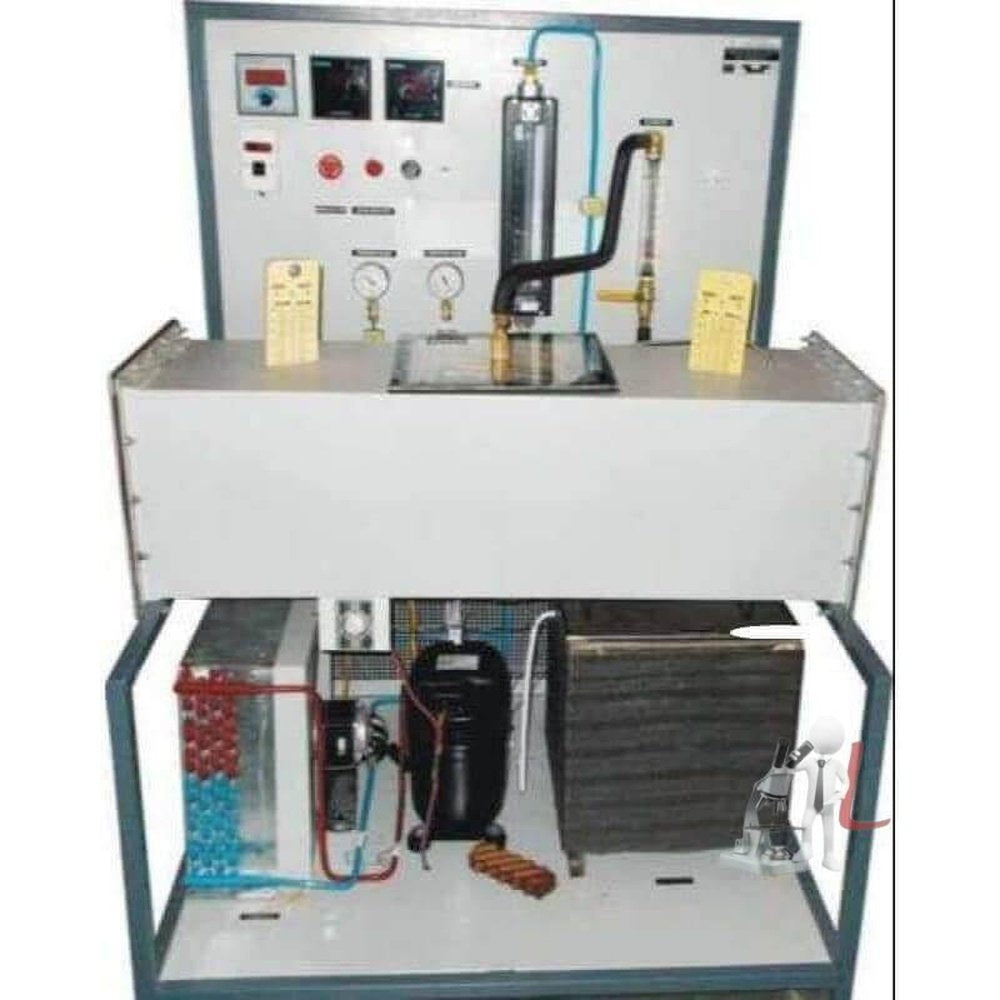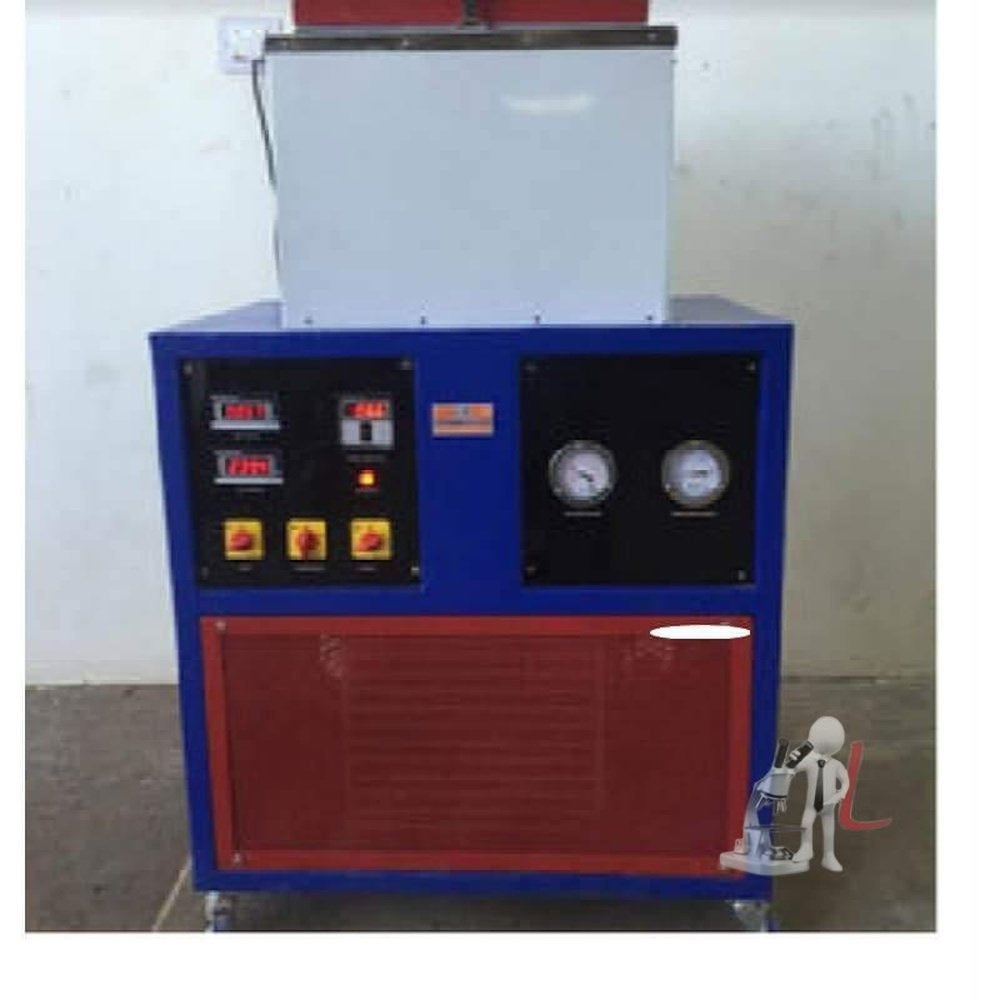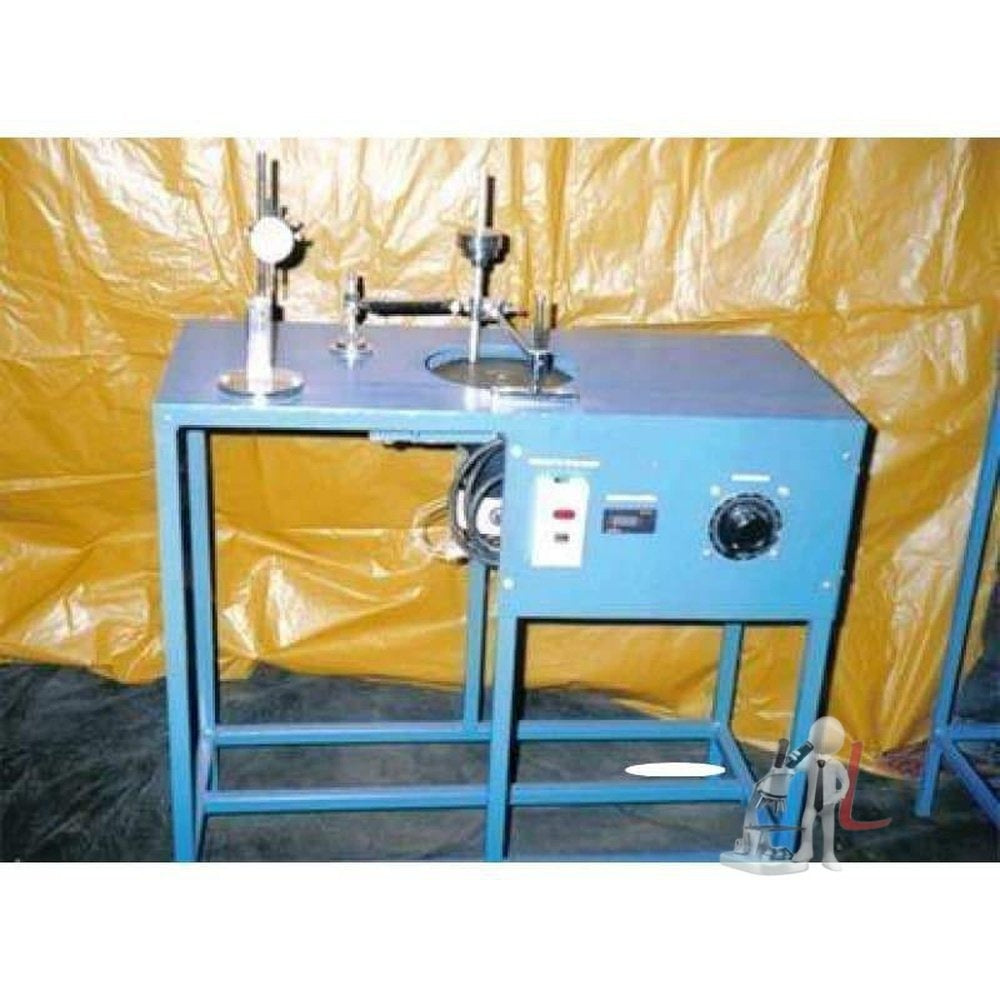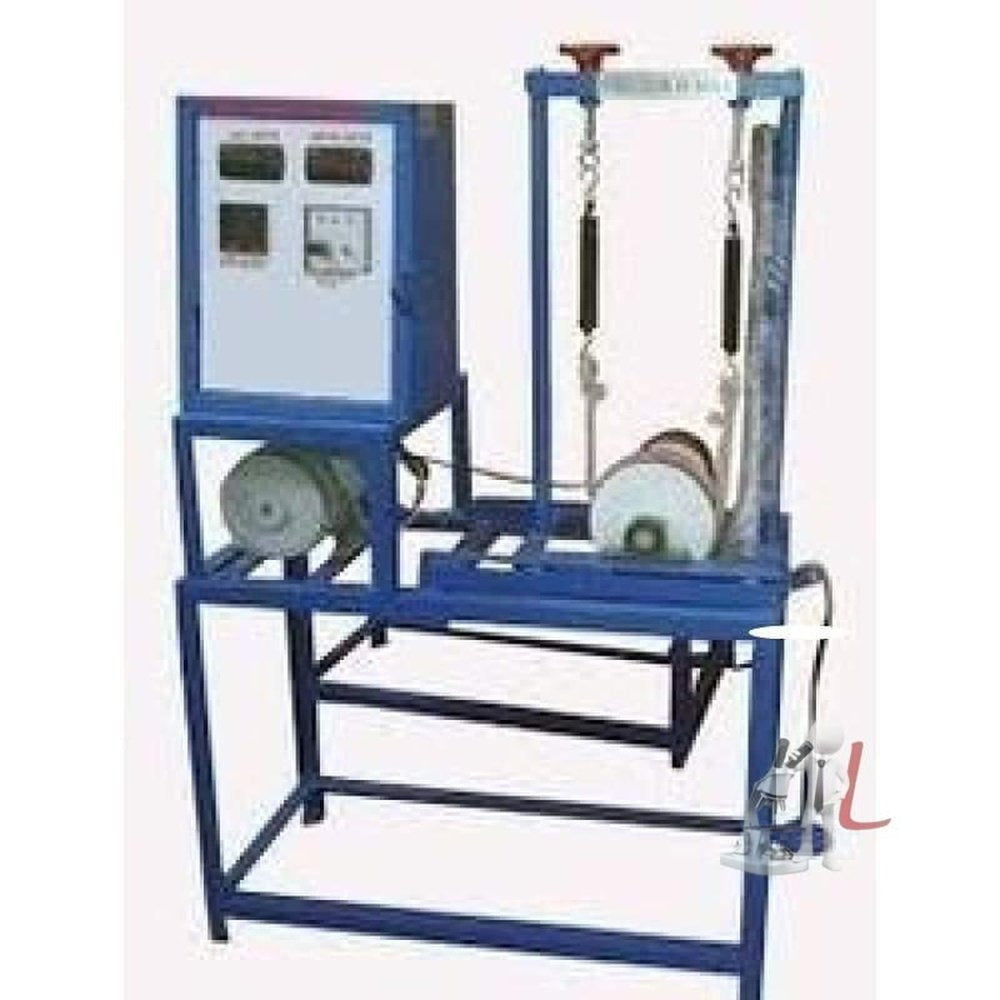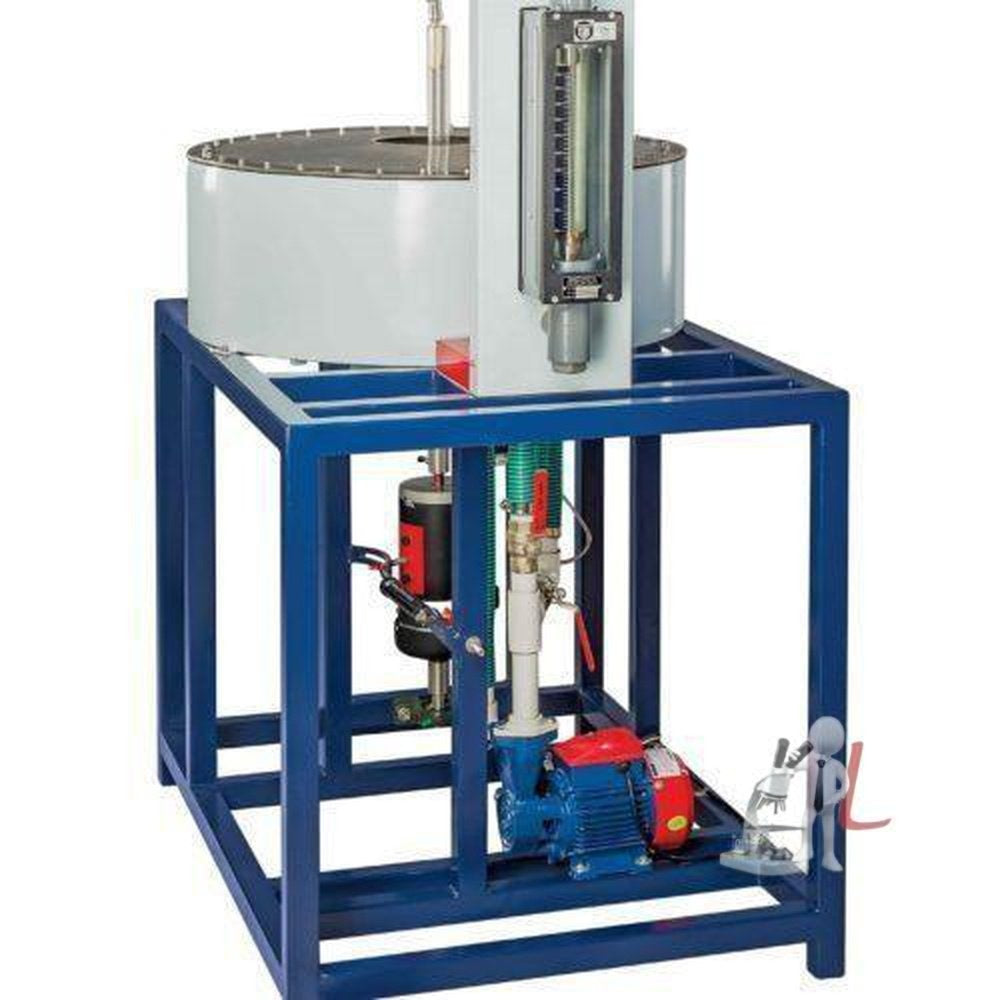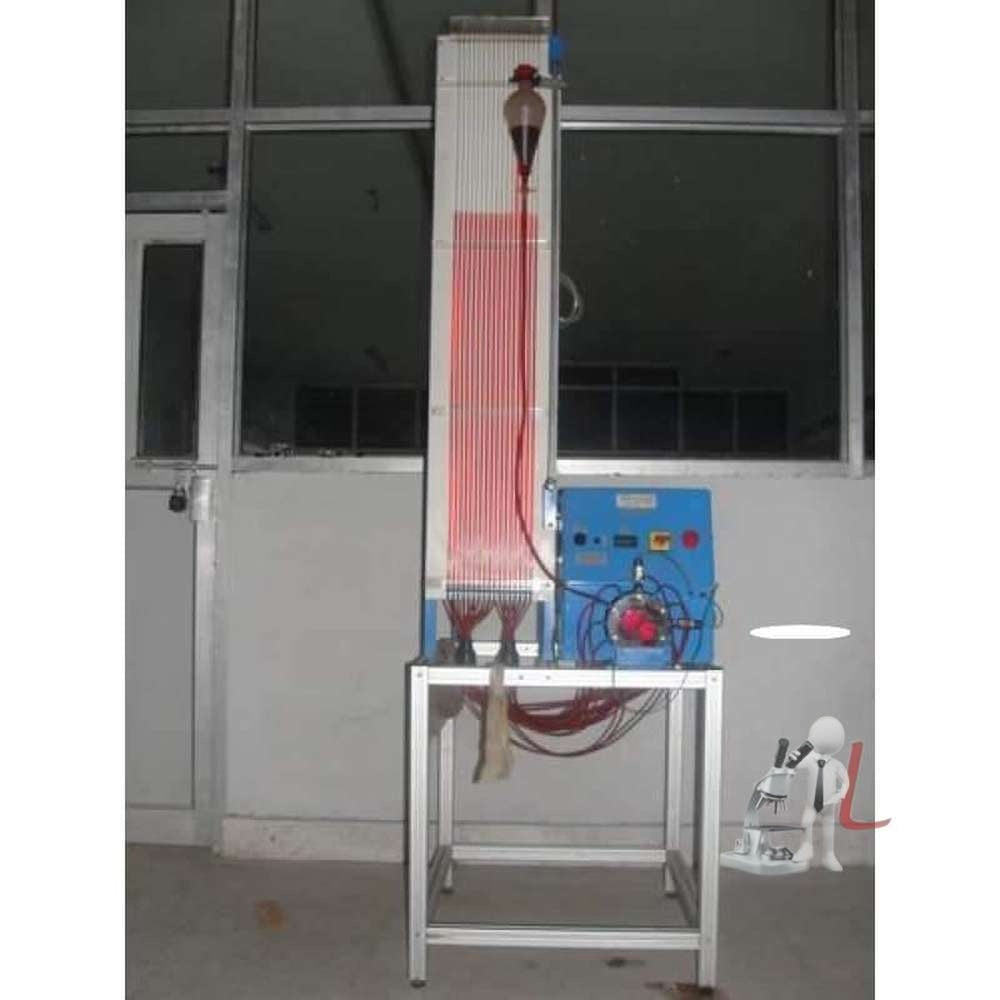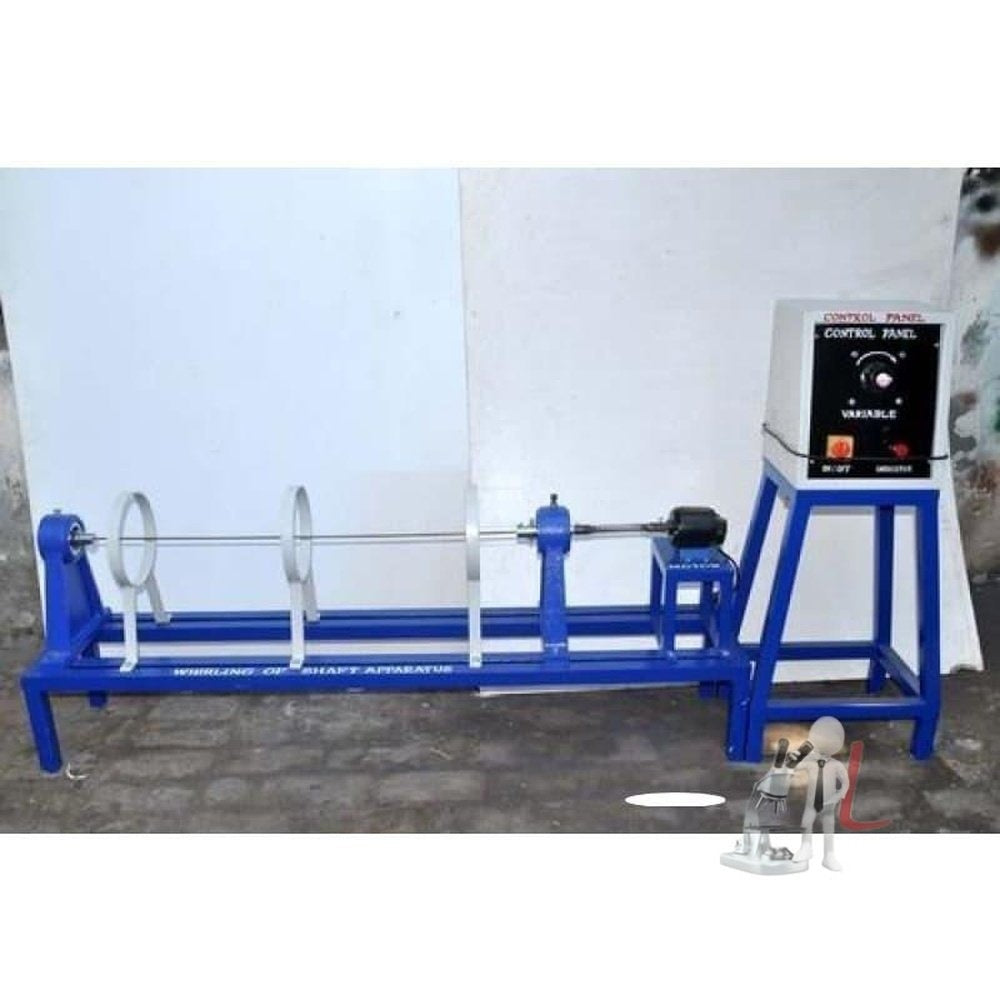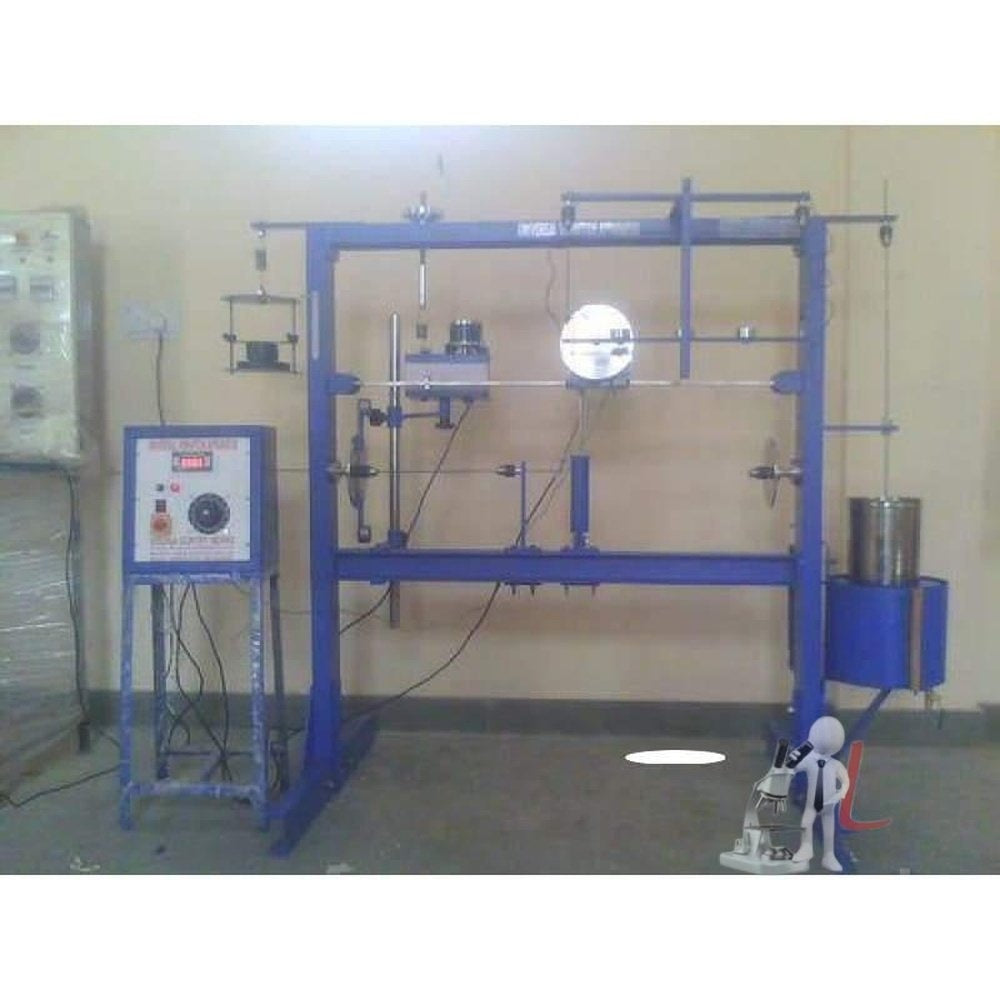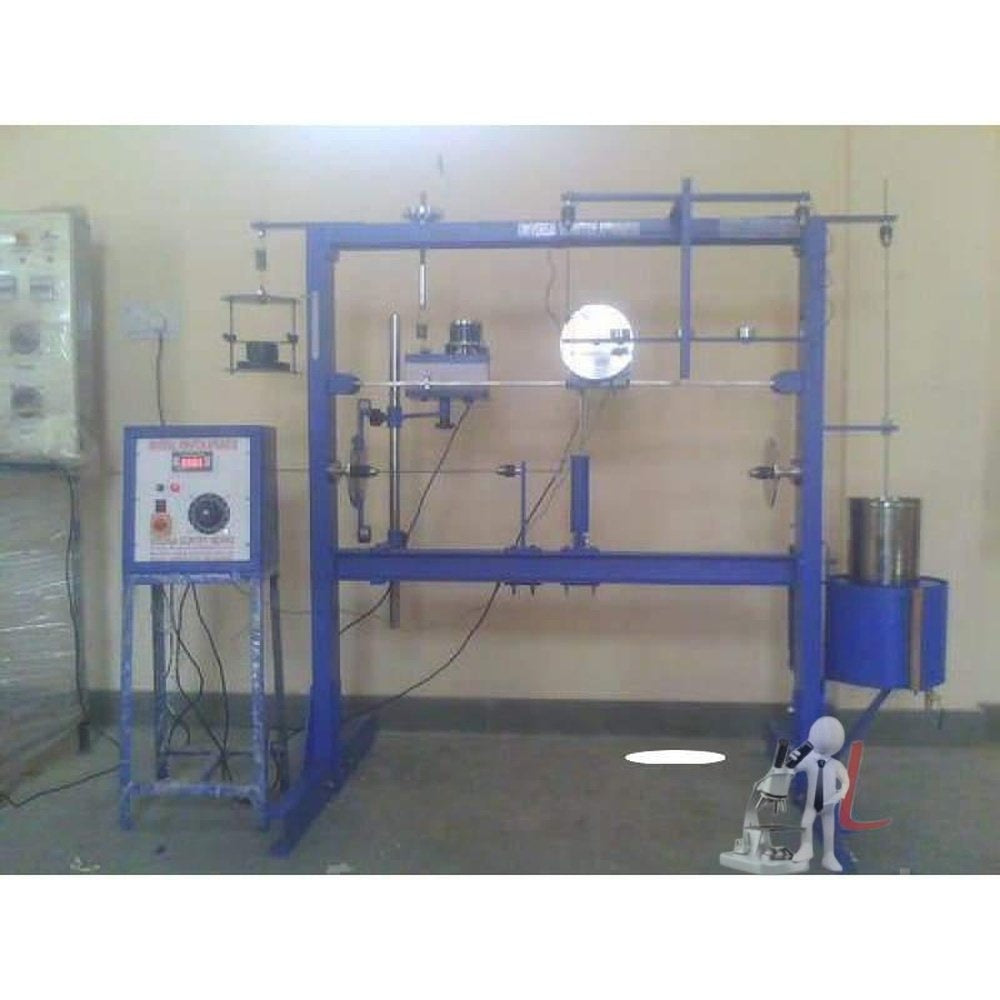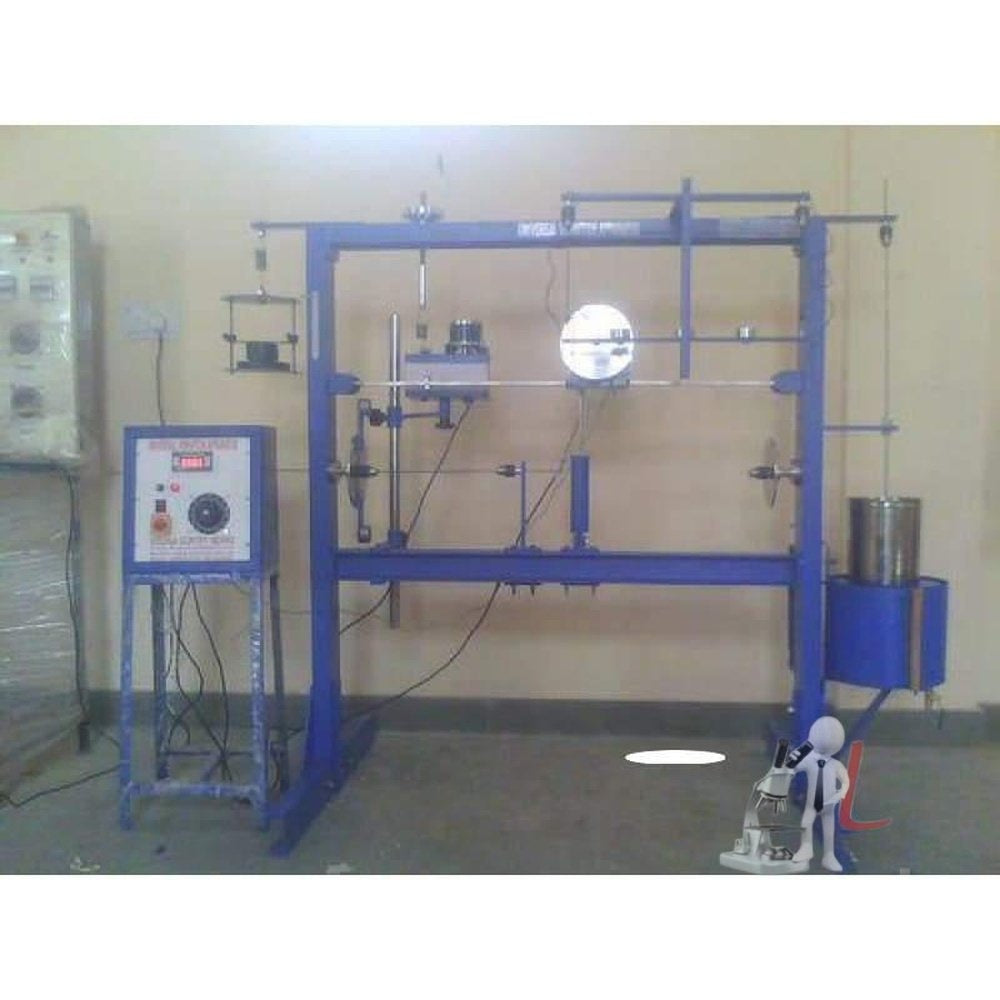Engineering Laboratory Equipment
Engineering laboratory equipment is essential for a wide range of scientific, engineering, and research applications. The importance of having reliable and precise tools cannot be overstated, as they form the backbone of successful experiments and studies. In every engineering laboratory, various instruments and tools ensure accurate measurements, data collection, and analysis.
In engineering, the laboratory equipment varies according to the specific field of study, whether it be civil, mechanical, electrical, or chemical engineering. Each discipline requires specialized tools that not only aid in experimentation but also enhance learning and innovation.
Commonly found engineering laboratory equipment includes oscilloscopes, multimeters, spectrophotometers, material testing machines, and more. Each of these instruments plays a critical role in facilitating comprehensive research and development activities.
Oscilloscopes, for example, are pivotal in electrical engineering laboratories. They allow engineers to observe the varying signal voltages over time, making it easier to analyze the performance of circuits and systems. Similarly, multimeters are versatile tools that can measure voltage, current, and resistance—an indispensable part of an engineer's toolkit.
In mechanical engineering labs, material testing machines hold significant importance. These machines are used to assess the properties of various materials under different conditions, ultimately helping in the selection of appropriate materials for specific applications. The results taken from such tests are integral in ensuring safety and reliability in engineering designs.
Chemical engineering laboratories utilize equipment such as spectrophotometers and chromatographs. These tools help in analyzing chemical compositions and reactions, crucial for developing new materials and processes. The capabilities of these instruments enable researchers to carry out detailed analyses and contribute to advancements in the field.
The integration of technology in engineering laboratory equipment further improves their functionality and efficacy. For instance, software applications linked to laboratory devices can help in data collection and analysis, making the research process more efficient. This technological advancement also aids in better visualization of data, allowing engineers to present findings and results in a meaningful way.
Moreover, the development and maintenance of engineering laboratory equipment require skilled technicians and engineers who can ensure the accuracy and maintenance of these tools. Regular calibration and updates are essential to maintain the integrity of the instruments and to produce reliable results consistently.
As the field of engineering evolves, so too does the equipment used in laboratories. Emerging technologies, such as 3D printing and artificial intelligence, are increasingly becoming part of the engineering landscape. This evolution highlights the need for modern laboratories to include advanced engineering laboratory equipment, which is essential for staying competitive and relevant in an ever-changing environment.
The effective management and utilization of engineering laboratory equipment not only enhances productivity but also contributes to a safer working environment. Safety equipment, including fume hoods, eyewashes, and PPE (personal protective equipment), are just as crucial in a lab setting as the instruments themselves. Investing in the right safety measures alongside quality engineering laboratory equipment creates an environment conducive to innovation and learning.
In summary, engineering laboratory equipment is indispensable for achieving success in any engineering discipline. The right tools, combined with skilled professionals and a safe workspace, foster an atmosphere that encourages exploration, experimentation, and discovery. Whether it is through traditional methods or incorporating cutting-edge technology, the role of engineering laboratory equipment will continue to be a driving force in the advancement of engineering science.
As we look to the future, we can expect further innovations that will refine our engineering laboratory equipment, making them not only more efficient but also more accessible to a larger audience. By emphasizing the importance of these essential instruments and tools, we acknowledge their role in shaping the next generation of engineers and the breakthroughs they will undoubtedly achieve.
Filter
Sort by

